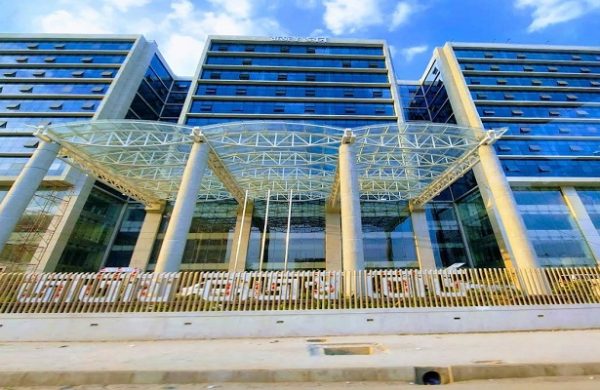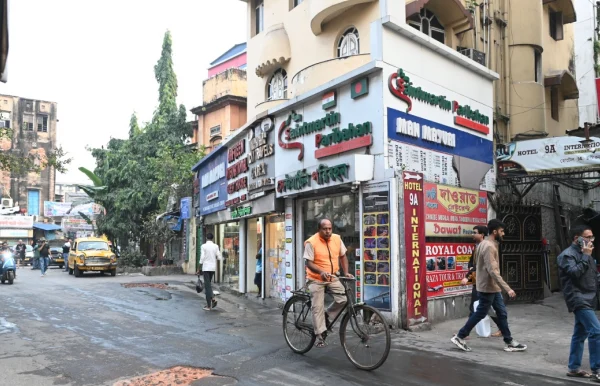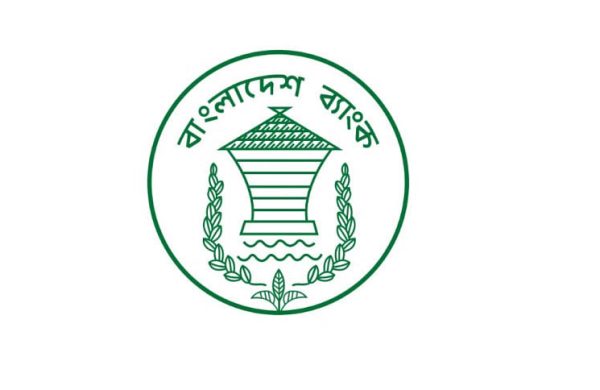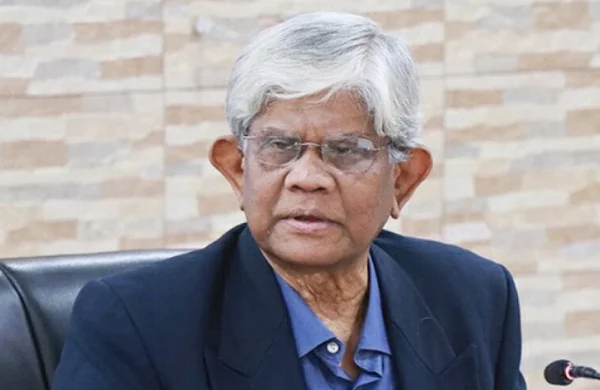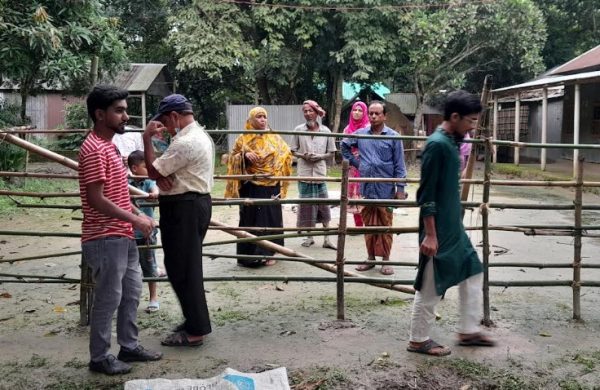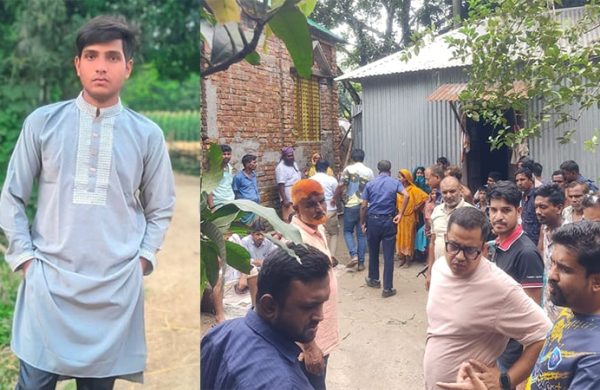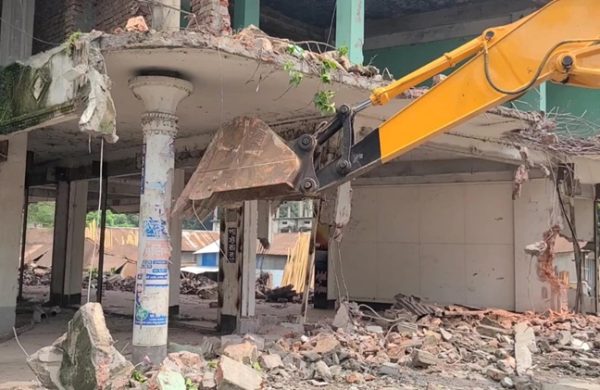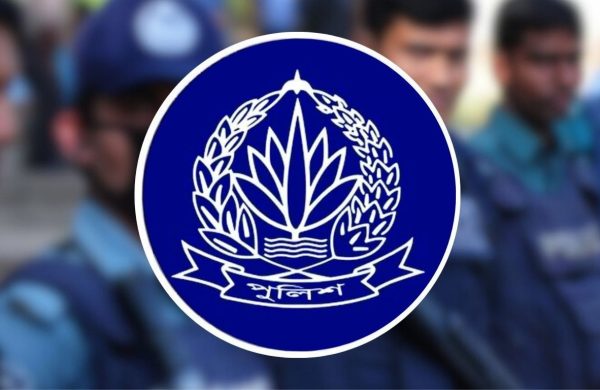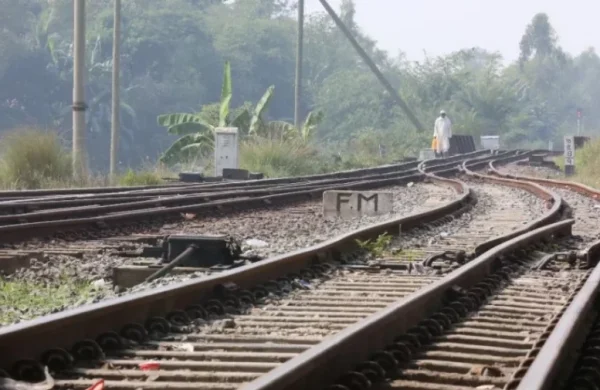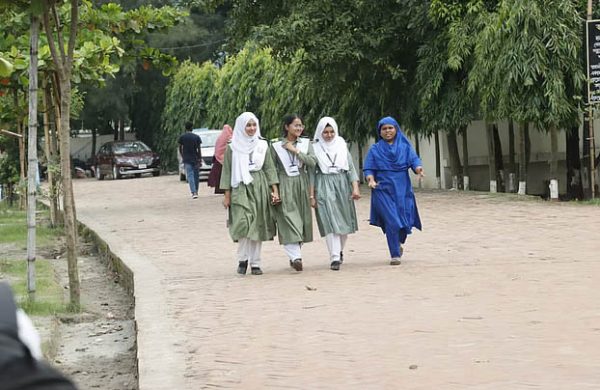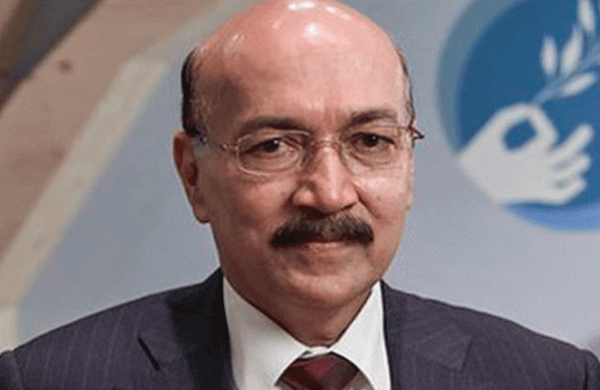Govt tightens foreign loan rules amid poor project fund use
- Update Time : Wednesday, August 6, 2025

Staff Correspondent:
The government has tightened its control over new foreign loans by introducing multiple preconditions for ministries and divisions, following their poor performance in using funds already in the pipeline.
The new conditions include land acquisition, submitting a resettlement plan, preparing a detailed component-wise cost estimate, and finalising draft tender documents prior to implementation, according to an official circular issued last week.
This development comes after ministries and divisions spent only 13.57 percent of the project-related portion of foreign aid in the fiscal year (FY) 2024-25, despite starting the year with a $42.85 billion aid pipeline, according to the Economic Relations Division (ERD).
During the recently concluded fiscal year, $8.57 billion in foreign aid was disbursed in total. Of that, just $5.42 billion, or 13.57 percent, was used for project funding. The remainder was spent as budget support from development partners.
A 20 percent utilisation rate is generally considered satisfactory in a fiscal year.
Bangladesh has historically been slow in using its aid pipeline for projects, although budget financing has seen relatively better uptake.
This is because development partners usually release budget support loans immediately after conditions are met and approvals are granted.
In the last fiscal year, four foreign lenders, including the World Bank and the Asian Development Bank (ADB), disbursed $2.75 billion in budget support, which was released promptly upon approval.
When government agencies fail to implement projects on time, the country ends up paying higher commitment charges and facing rising project costs.
Although most foreign-funded projects are designed to be completed within five years, many agencies consistently fall short of the minimum annual implementation rate of 20 percent.
To solve this, the ERD last week introduced a set of mandatory conditions that ministries and divisions must meet before signing any loan agreement for a foreign-funded project. The goal of the new conditions is to reduce delays and improve project readiness.
One of the main conditions is that the implementing agency must complete all land acquisition before implementation begins.
A resettlement plan for affected people must also be submitted to the concerned ministry.
Besides, project authorities must prepare detailed cost estimates by component and submit draft tender documents. The entire tendering process, from initiation to contract awarding, should be ready before signing the loan agreement.
Clearance from the Finance Division is also needed on the terms of both the negotiated loan agreement and any subsidiary agreements with development partners.
Moreover, a clear, time-bound agreement must be in place with service-providing authorities for relocating utilities or facilities likely to be affected during construction.
UTILISATION SCENARIO FOR KEY LENDERS
Among multilateral development partners, the World Bank provides the largest volume of loans to Bangladesh and at the lowest interest rates.
In FY25, it disbursed $2.01 billion, of which $750 million was budget support.
Excluding the budget support, only 14.44 percent of the World Bank’s project loan pipeline was utilised.
Despite holding quarterly tripartite meetings between the line ministries, ERD, and the World Bank to improve the situation, little progress has been made.
As a result, nearly $1 billion was re-purposed from slow-moving projects and redirected to new or existing ones during the first half of the current fiscal year.
Due to delays in fund utilisation, the undisbursed amount in the World Bank pipeline continues to grow. An additional $833 million was added last year, bringing the total to $9.31 billion at the beginning of July.
The ADB, however, recorded better utilisation. It disbursed $2.52 billion last fiscal year, including $1.5 billion in budget support. Excluding that, 22.44 percent of the pipeline was utilised.
Among bilateral development partners, Japan remains the largest lender, offering loans on flexible terms, including low interest and long repayment periods.
The island nation posted the highest project loan utilisation rate at 23.61 percent, even as its pipeline grew by $309 million to reach $7 billion by July.
China began offering project loans after President Xi Jinping’s Dhaka visit in 2016. However, no new loans were approved in the last fiscal year. Only $414 million from previously approved loans was disbursed, marking just 10.67 percent utilisation.
Russia has provided loans solely for the Rooppur Nuclear Power Plant project, totalling around $12 billion. The loan agreement was signed in 2016.
In the last fiscal year, 12.50 percent of this pipeline was utilised. Despite spending $674 million, $4.72 billion remained undisbursed at the beginning of July.
The slowest-moving project loans are from India. Just 3.10 percent of its pipeline was utilised last fiscal year, with $184 million spent. At the beginning of the current fiscal year, $5.73 billion remained undisbursed.
During the 2010-2017 period, India committed $7.36 billion in loans. But a combination of complex loan conditions and bureaucratic issues in both countries has slowed project execution.
WHY PROJECTS DELAY
According to an ADB document, most projects, especially infrastructure ones, have failed to meet original implementation deadlines.
“Insufficient financial and human resources to prepare projects, complex and lengthy approval process of project and bid documents, challenges in land acquisition, limited experience and capacity of the Executing Agencies (EAs) and Implementing Agencies, and many other factors led to poor project readiness and frequent extension of loan implementation periods.”
The lender also identified issues with procurement, such as inadequate project preparation, subpar design quality, engineering estimates that fail to reflect market prices, and weak bid documents.
It also noted prolonged approval timelines within the government system and poor bid evaluation practices, which trigger repeated clarification rounds during ADB reviews.
Because of delays in implementation, Bangladesh ends up paying a huge amount in foreign currency every year.
For instance, total commitment charges over time have amounted to $30.89 million. In 2024 alone, $3.58 million was paid in such charges.




